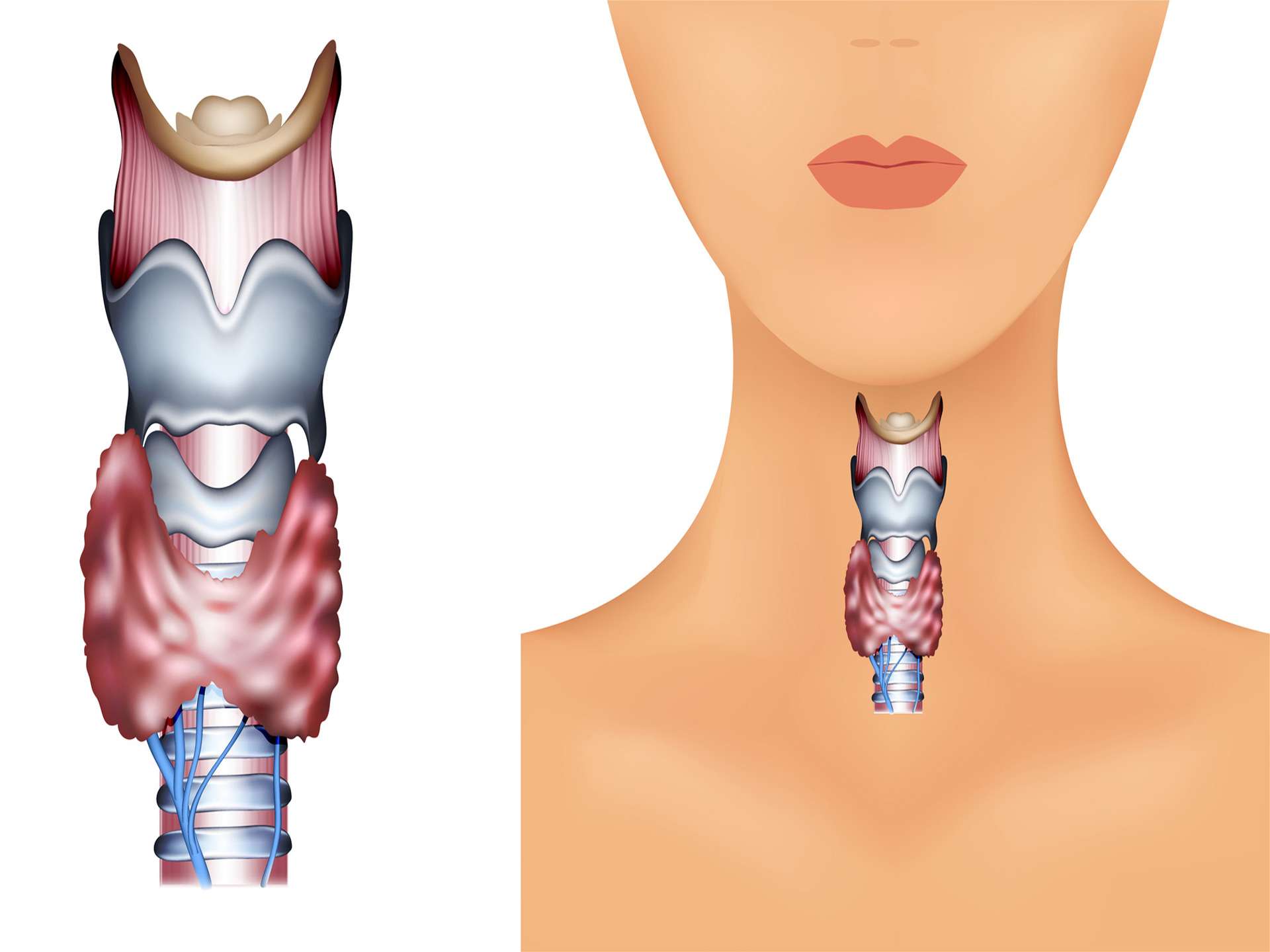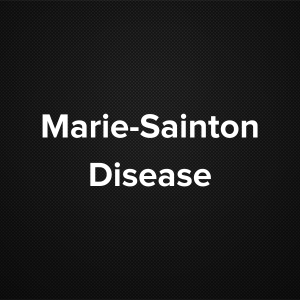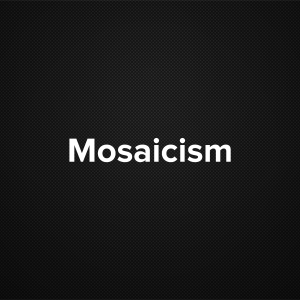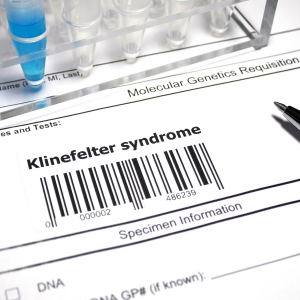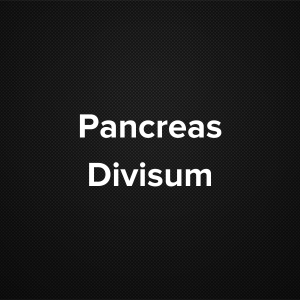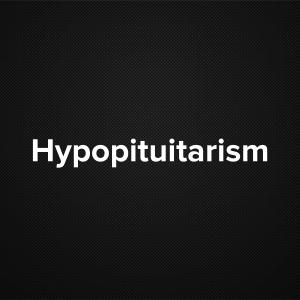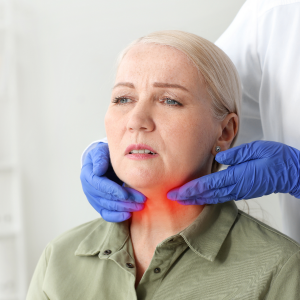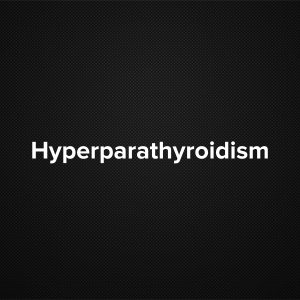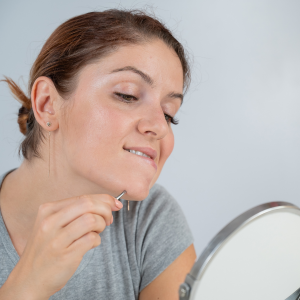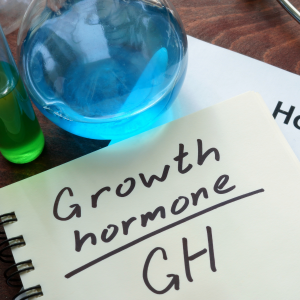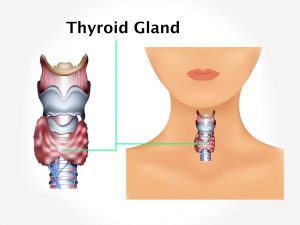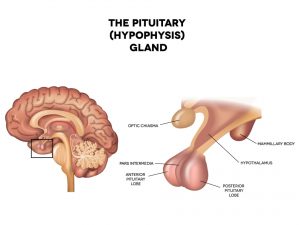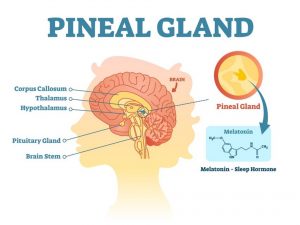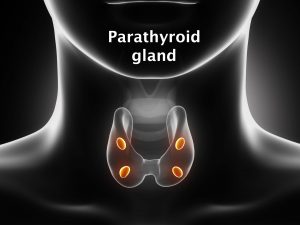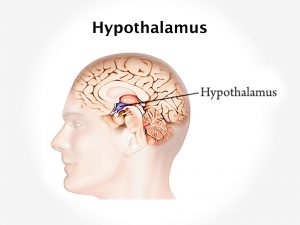Causes and risk factors
Hypothyroidism can result from autoimmune diseases of the thyroid gland (e.g. Hashimoto’s thyroiditis) or thyroidectomy (excision of part of the thyroid gland). Medications such as lithium, carbimazole, amiodarone etc. or over treatment of hyperthyroidism by use of medicines or radioactive iodine ablation can also cause hypothyroidism.
Hypothyroidism can result from dietary deficiency of iodine or other diseases of the thyroid gland such as amyloidosis or sarcoidosis. It can also be caused by deficiency of thyroid stimulating hormone (TSH) which is secreted by the pituitary gland.
Hypothyroidism is 6 times more common in females compared to males. Elderly women are more prone to develop hypothyroidism.
Clinical presentation
In early stage of the hypothyroidism, there may be no symptoms, but as the disease progresses, the person may start developing symptoms. The patient is usually obese, constipated, fatigued and extremely sensitive to cold. The patient complains of a weak memory, an irregular menstrual flow, joint pain and brittle hair and nails. Depression, heart disease and infertility are common findings.
If hypothyroidism is left untreated, it gives rise to thickening of the skin and puffiness of the face, hands, and feet. There is thinning hair, hoarseness of voice and slowed speech. The sense of taste and smell is decreased. The blood cholesterol levels are elevated. Rarely the patient may land into myxedema coma.
Diagnosis & Investigations
Hypothyroidism must be differentiated from anemia, vitamin D deficiency, adrenal insufficiency, hypopituitarism and other thyroid diseases such as thyroid lymphoma, thyroiditis etc.
Diagnosis of hypothyroidism is made on the basis of a blood test to measure:
- Serum TSH levels – raised
- Serum thyroxine levels – low
- Thyroid scan or ultrasonongraphy of the thyroid gland is performed
Treatment
All the symptoms of hypothyroidism arise due to a deficiency of thyroxine or T4 hormone. This hormone is replaced by a synthetic preparation levothyroxine. The patient is required to take levothyroxine in tablet form daily. The dosage is decided on the basis of severity of the deficiency.
Hypothyroidism is usually a lifelong condition. However as long as the patient receives lifelong supplementation of levothyroxine in the correct dosage, there are no further symptoms or complications.
